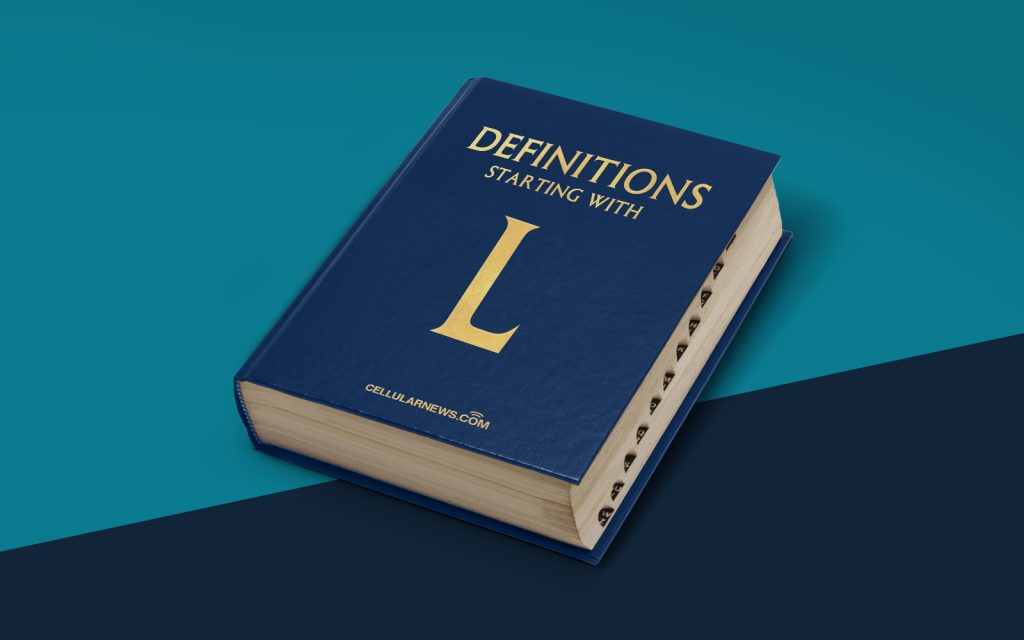
Unlocking the Secrets of a Line Editor: A Definitive Guide
When it comes to the world of editing, there are different roles and responsibilities that each editor fulfills. One such role is that of a line editor, an expert who meticulously scrutinizes every line of text to ensure clarity, coherence, and overall improvement of the manuscript. In this article, we will dive deeper into the world of line editing, exploring its significance, key responsibilities, and the invaluable contributions that line editors make to the publishing process.
Key Takeaways:
- A line editor is a specialized editing professional who focuses on the minutiae of each line of text.
- The primary responsibilities of a line editor include refining language, enhancing readability, and improving the overall flow of the manuscript.
What Does a Line Editor Do?
A line editor is a master wordsmith, dedicated to ensuring that each line of text is in its perfect form. They go beyond the surface-level editing to carefully evaluate the language, structure, and overall impact of every single line. Here’s a breakdown of the main responsibilities of a line editor:
- Language Refinement: A line editor fine-tunes the language used in the manuscript, ensuring that it is clear, concise, and effective. They focus on eliminating any grammatical errors, correcting punctuation, and refining word choice.
- Improving Readability: Line editors work to enhance the flow and readability of the text. They examine sentence structure, rearrange paragraphs when necessary, and ensure smooth transitions between ideas to create a seamless reading experience.
- Consistency Check: Line editors also pay close attention to consistency throughout the manuscript. They verify that the style, tone, and formatting are maintained consistently, ensuring a polished final product.
- Flagging Inconsistencies: Apart from maintaining consistency, line editors also identify and flag inconsistencies within the text, such as factual errors, plot holes, and character inconsistencies. This helps maintain the overall integrity of the manuscript.
- Strengthening Narrative Voice: Line editing is not just about catching and correcting errors; it is also about enhancing the writer’s unique voice. Line editors work closely with authors to refine their writing style, making it more engaging and impactful while preserving their original intent.
With their expert eye for detail and their deep understanding of language and storytelling, line editors play a crucial role in shaping and improving a manuscript. Their feedback and revisions can take a manuscript from good to exceptional, ensuring that the final product is a masterpiece.
The Value of a Line Editor
Line editing is an art form that requires a meticulous approach and a comprehensive understanding of the written word. Here are two key takeaways that highlight the value of a line editor:
- Precision and Detail: Line editors have an exceptional ability to identify and correct even the smallest errors, ensuring that the manuscript is polished and error-free.
- Enhanced Readability: With their focus on improving language, flow, and readability, line editors make the manuscript more engaging, understandable, and enjoyable for readers.
A line editor is more than just a proofreader; they are the unsung heroes who breathe life into a manuscript, making it shine. Their professionalism, expertise, and dedication elevate the written word to its highest potential.
In conclusion, a line editor is a master of words, refining and enhancing the language and structure of each line in a manuscript. They play an integral role in making a manuscript shine, ensuring clarity, coherence, and overall brilliance. Their precision, attention to detail, and understanding of language make them an invaluable asset to any author or publisher.
So, if you are looking to bring your manuscript to new heights, consider enlisting the expertise of a line editor. Their contributions will undoubtedly leave a lasting impact on your writing journey.
